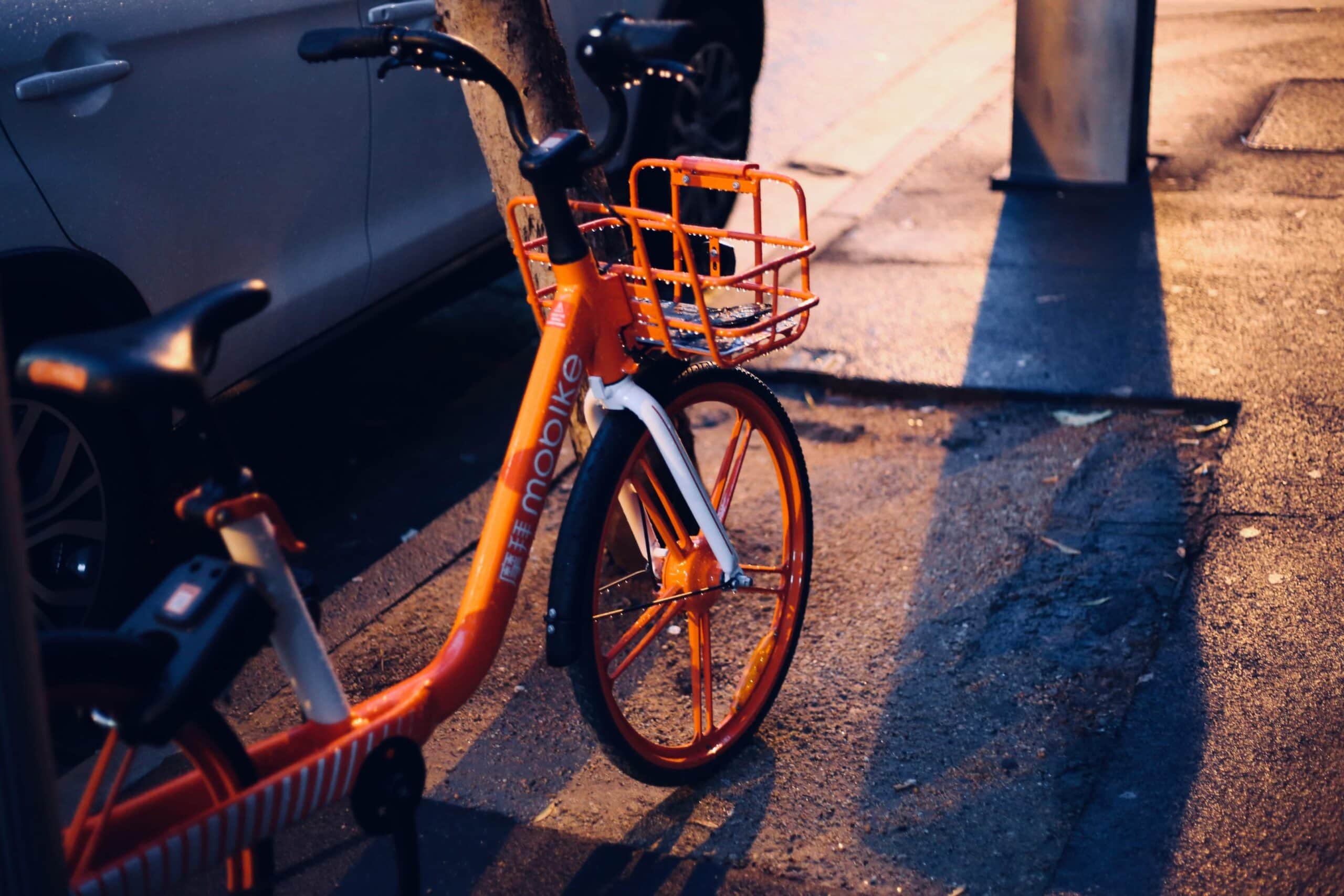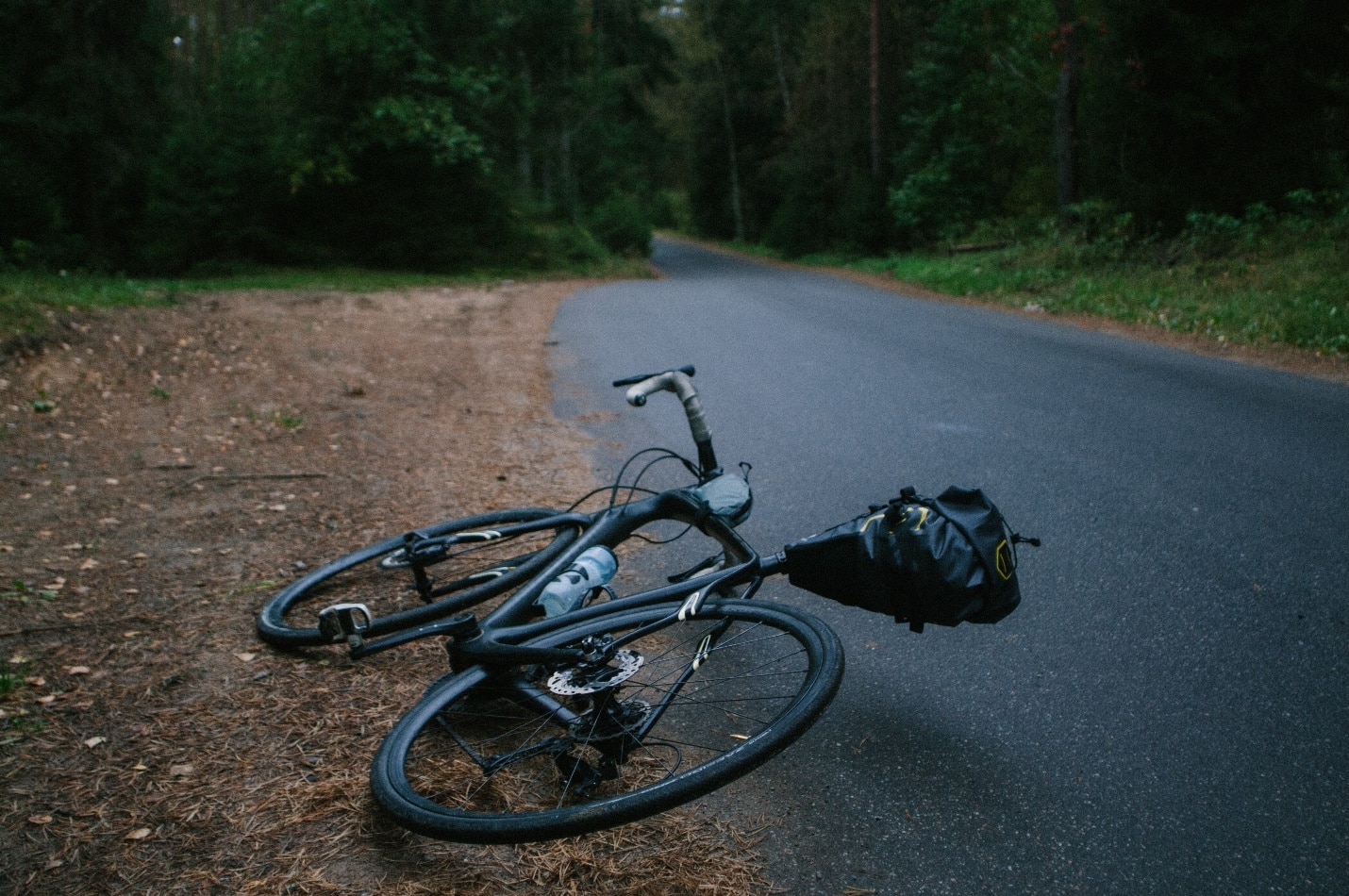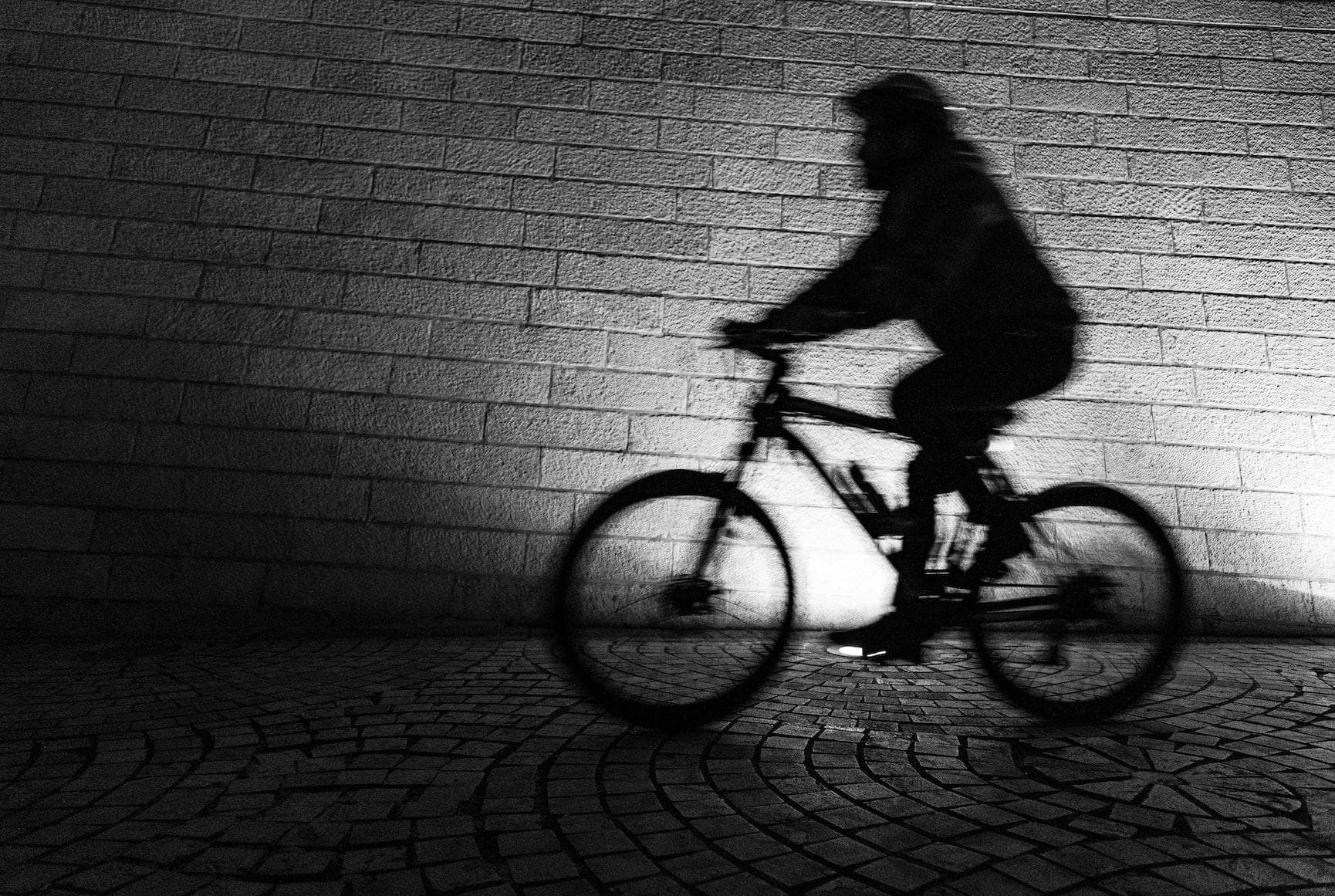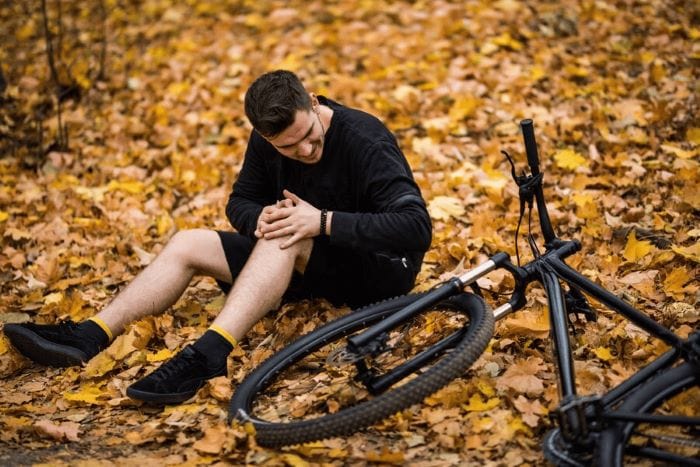
When a hit-and-run accident disrupts a bicyclist’s life, the trauma doesn’t stop at the crash site. Unlike a typical car accident, a hit-and-run crash leaves the victim grappling with more than just physical pain. There’s confusion, financial stress, and a lingering question: what happens now?
In this article, we break down the criminal vs. civil options available to hit and run victims in Colorado, explain how to protect your rights, and guide you through the steps to pursue compensation and accountability. Whether the other driver fled in panic or deliberately avoided legal responsibility, both the law and your recovery options remain powerful tools in your hands.
Understanding Hit and Run Bicycle Accidents in Denver
A hit-and-run accident occurs when a driver involved in a crash, often with a bicyclist, flees the accident scene without stopping to provide contact details or render aid. In Colorado, this act is not just unethical; it’s a crime under Colorado Revised Statutes (CRS) § 42-4-1601.
- Hit and run cases involving bicycles can result in serious injuries or even death.
- The driver responsible often tries to escape legal penalties, leaving the victim without immediate answers.
- Victims suffer not just property damage, but also severe injuries that rack up medical expenses and lost wages.
After any accident, quick thinking becomes crucial. Gathering witness statements, capturing the license plate number, and filing an official police report lay the groundwork for both criminal and civil proceedings.
Criminal Consequences for Hit and Run Drivers
Colorado law takes hit-and-run offenses seriously. A hit-and-run driver who causes a crash involving injuries or death may face criminal penalties ranging from misdemeanors to felonies.
- CRS § 42-4-1601(2)(a): If the accident injures someone, the driver commits a Class 1 misdemeanor traffic offense.
- CRS § 42-4-1601(2)(b): If the accident causes serious bodily injury, the driver commits a Class 4 felony.
- CRS § 42-4-1601(2)(c): If the accident causes someone’s death, the driver commits a Class 3 felony.
If the at-fault driver lacks a valid driver’s license or automobile insurance, the charges may increase in severity.
Convicted drivers can face:
License suspension or revocation
Jail time
Steep fines
A permanent mark on their criminal record
The aim of the criminal court is to punish the offender and deliver severe legal consequences. However, it does not directly compensate the victim for their medical bills, repair or replacement costs, or emotional distress. That’s where civil claims step in.
Pursuing Civil Claims After a Hit and Run
Even if the driver involved faces criminal charges, victims must turn to civil court to pursue civil claims for financial recovery. A personal injury claim allows you to demand compensation for the injuries sustained, medical attention, lost wages, and significant property damage.
Key steps to strengthen your hit-and-run claim:
- Get an official police report as an official record of the incident.
- Seek immediate medical assistance to document your bodily injury.
- Preserve any evidence from the accident scene, including photos and witness statements.
If law enforcement later identifies the at-fault driver, you can file a personal injury lawsuit within Colorado’s legal deadline. This action allows you to seek compensation for medical expenses, lost wages, and other damages.
The Role of Uninsured Motorist Coverage in Hit and Run Bicycle Accidents
In a hit and run, identifying the other driver may take time or prove impossible. That’s why uninsured motorist coverage becomes essential. Colorado law requires insurance providers to offer this protection, though policyholders can waive it in writing.
If the hit-and-run driver remains unknown:
- You can file an insurance claim through your own uninsured motorist policy.
- This may help cover medical expenses and lost wages
- Your insurance company may treat the situation similarly to an accident with an uninsured driver. However, coverage depends on your specific policy terms and compliance with Colorado’s uninsured motorist statutes.
Important: Using this coverage may affect your insurance premiums, so always seek informed guidance when proceeding.
Civil Liability vs. Criminal Charges: Knowing the Difference
Many hit-and-run victims don’t realize that criminal charges and civil liability operate independently. A criminal court punishes the lawbreaker, while a civil court helps the victim pursue compensation.
- You do not have to wait for a conviction to file a civil claim.
- You can sue for medical bills, pain and suffering, and repair or replacement costs even if no arrest occurs.
- In some cases, your attorney may even pursue compensation through other liable parties, like vehicle owners or employers of the at-fault driver.
Understanding this dual track helps victims avoid delay in seeking justice and healing.
Reporting the Accident and Understanding Legal Proceedings
After a hit-and-run accident, timely accident reporting is crucial. Contact local law enforcement immediately. A strong police report documents the crash, preserves your rights, and supports both criminal and civil actions.
Here’s what to include in your report:
- Time and location where the accident occurred
- Details of motor vehicles involved, including any identifiable features
- Names and contact information of witnesses
- Description of injuries sustained and visible damages
You must also report the crash to your insurance company and begin a formal insurance claim. If the responsible driver is caught, their insurance coverage may pay for damages. If not, you can rely on your own uninsured motorist coverage to fill the gap.
When to Seek Legal Advice and Representation
Handling the aftermath of a hit-and-run can be overwhelming. From dealing with insurance companies to understanding legal proceedings, many victims find themselves stuck in uncertainty. That’s why seeking legal advice early on can clarify your path forward.
An experienced bicycle attorney can help:
- Evaluate your personal injury claim
- Deal with difficult insurance claim processes
- Ensure your case meets all deadlines and documentation standards
- Represent your rights in civil court
Whether the hit-and-run driver is identified or not, you deserve answers, clarity, and a strategy. Legal support ensures that you don’t just heal physically but also recover financially.
Know Your Rights, Reclaim Your Power
Victims of hit-and-run bicycle accidents deserve full legal protection and a clear path to pursue justice. Colorado law punishes offenders and empowers victims, offering both criminal and civil pathways to accountability.
Whether you’re dealing with medical bills, lost wages, or legal implications, the key is to act quickly, gather evidence, and know your rights. Don’t let the actions of a hit-and-run driver define your future. Bourassa Law Group is here to help you understand your options. We stand beside you, ready to help you pursue compensation and restore what was unfairly taken from you.
Contact us today for a free consultation. Your path to justice begins with one step.





